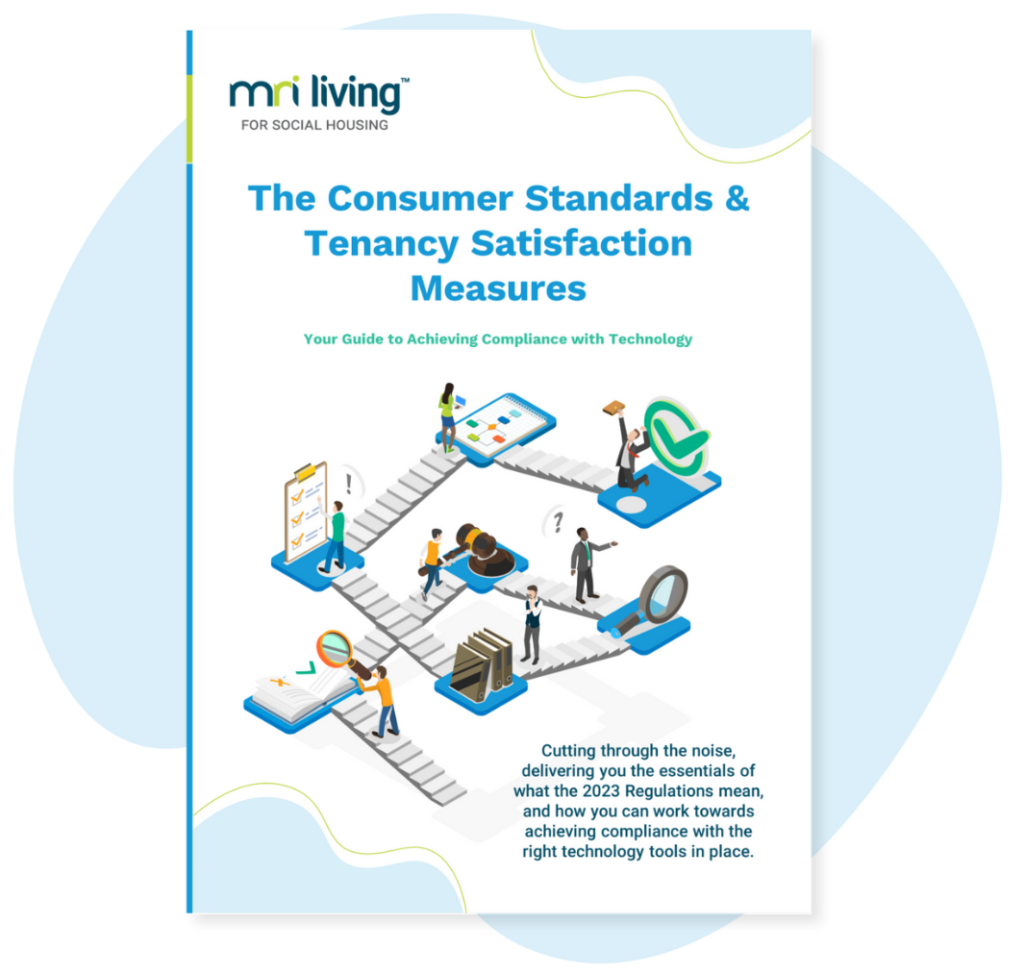Evolving with your needs, building solutions to better support the front-line
The software systems adopted by local authorities should not disrupt service provision or wipe out proven methods of engagement. Instead, solutions should aim to bring an organisation’s expertise and information into one platform that can then be utilised alongside external data and with trusted partners.
Alleviating homelessness in the UK is reliant on effective joint working with local authorities, third-party organisations and those experiencing homelessness – and the future of that work should be facilitated by instant and regulatory compliant data collation.
The urgency to proactively manage rough sleeper pathways is clear. In 2020, roughly 2 people sleeping rough died per day in the UK, up 37% on the previous year.
MRI Rise, our system designed to support rough sleeper pathways is the latest module under the Housing Jigsaw umbrella. Built with those working in the sector, the solution actually includes three modules in one; the Rise module, the SWEP (Severe Weather and Emergency Protocol) module and the counts and estimates module.
In February, client engagement leaders, Greg Andrews and Jennie Atkins presented MRI Rise – A better way to manage rough sleeping pathways in your community. They both outlined the process of building and continuously improving the product, its features and feedback from some of the early adopters, including Slough Borough Council, East Lindsey District Council, Waltham Forest, Royal Borough of Windsor & Maidenhead and Havering.
Building MRI Rise with the sector
Customer feedback from those already using Housing Jigsaw demonstrated that there was a need for a product that could manage the multiple touchpoints across the rough sleeper pathway and bring together vital information points out from their silos under one system of actionable data. Many of the early adopters were suffering as they switched between multiple spreadsheets, lists and resources in order to deliver their homelessness services.
Learning this, a process of consultation was undertaken with housing practitioners to build a system which saved officer time, joined the dots and created a solid evidence base to work from.
We have had to use spreadsheets and other old-fashioned means of managing our rough sleeper service. As a manager, not being able to instantly see how many rough sleepers we have or delve deeper into each case is unacceptable, but with the Rise dashboard I will have the information immediately to hand. I will no longer have to twirl through spreadsheets, request information via email or go onto the internet for the weather reports.
Jason Oxby, Housing, Homelessness and Wellbeing Service Manager, East Lindsey District Council
Each of the Housing Jigsaw modules has been conceived by answering a need from the sector; indeed the flagship module, Homelessness Reduction was designed to deliver solutions against the Homelessness Reduction Act (HRA). Regulation and legislation changes are plentiful in social housing and changes can require housing organisations to respond quickly. A system that has flexibility built into it, which allows you to take control and adapt it to your needs is vital for maintaining compliance effectively and with efficient use of resources.
Wraparound support
The journey from rough sleeping to housing will be made up of various touchpoints across many institutions and services. These can include local authorities, the NHS, vets, the police, charities, substance misuse support, shelters and religious institutions. Each of these touchpoints build a picture a person’s day-to-day life.
MRI Rise enables those coming into contact with an individual to record these interactions, ensuring that local authority housing officers have as much information as possible at their disposal. Users have the ability to configure hotspot areas to link sightings of rough sleepers and can imminently expect a mapping facility to consolidate recorded street activity with the sighting records.
Evolution: Strengthen relationships, protect individuals
One of the most important features within MRI Rise is the ability to create profiles for third party actors. Within user profiles set up for the local authority, partner organisations can input vital information and be assigned actions. This feature facilitates a multidisciplinary approach that weaves a safety net around the individual accessing services and an audit trail at each step along the pathway. Rise users have unlimited case profiles to share with their partners, all within data protection regulations and can adjust the access levels according to need, protecting the individual’s privacy.
In cases of extreme weather events, Rise has an inbuilt directory, which stores the details for accommodation providers and support staff. Having this available within the module means officers being alerted to a SWEP event can immediately dip into the directory to invite accommodation partners to provide spaces and support, speeding up existing processes during a time of great urgency.
Adapted to the organisation
Developing this solution with the input of Housing Jigsaw customers has revealed pain points, the addressing of which can benefit the wider sector. MRI Rise early adopters made it clear that customer assessments needed to be configurable according to each organisation’s methods and needs, as well as those of their partners. In addition to the standard questions built directly in line with HRA compliance, local authorities can build assessments around their existing and developing practices.
Within Rise, the outcomes and progress of an individual can be shown visually to track a customer’s journey over time. Beyond the ability to evidence work and measure outcomes, there is a human element that these visualisations can also engage. Importantly, customers can track themselves against these progression metrics. Using Rise, officers have the ability to share progress with individuals engaging with services along their pathway to permanent housing.
The ability to work seamlessly with partners and include live and legacy data sets will become commonplace for local services to enable working in a safe, trust based and GDPR compliant way. Interoperability facilitates the effectiveness of case management systems that move with the individual and the organisations that they are working with. Incorporating these systems into existing processes, rather than disrupting them to engage new ways of working ensures that the vital work that local authority officers do can continue uninterrupted, but better supported.
The Consumer Standards and Tenancy Satisfaction Measures: Your Guide to Achieving Compliance with Technology
Cutting through the noise, delivering you the essentials of what the Consumer Standards and Tenancy Satisfaction Measures 2023 Regulations mean, and how you can work towards achieving compliance with the right technology tools in place. New regulatio…

